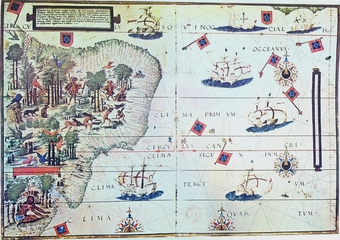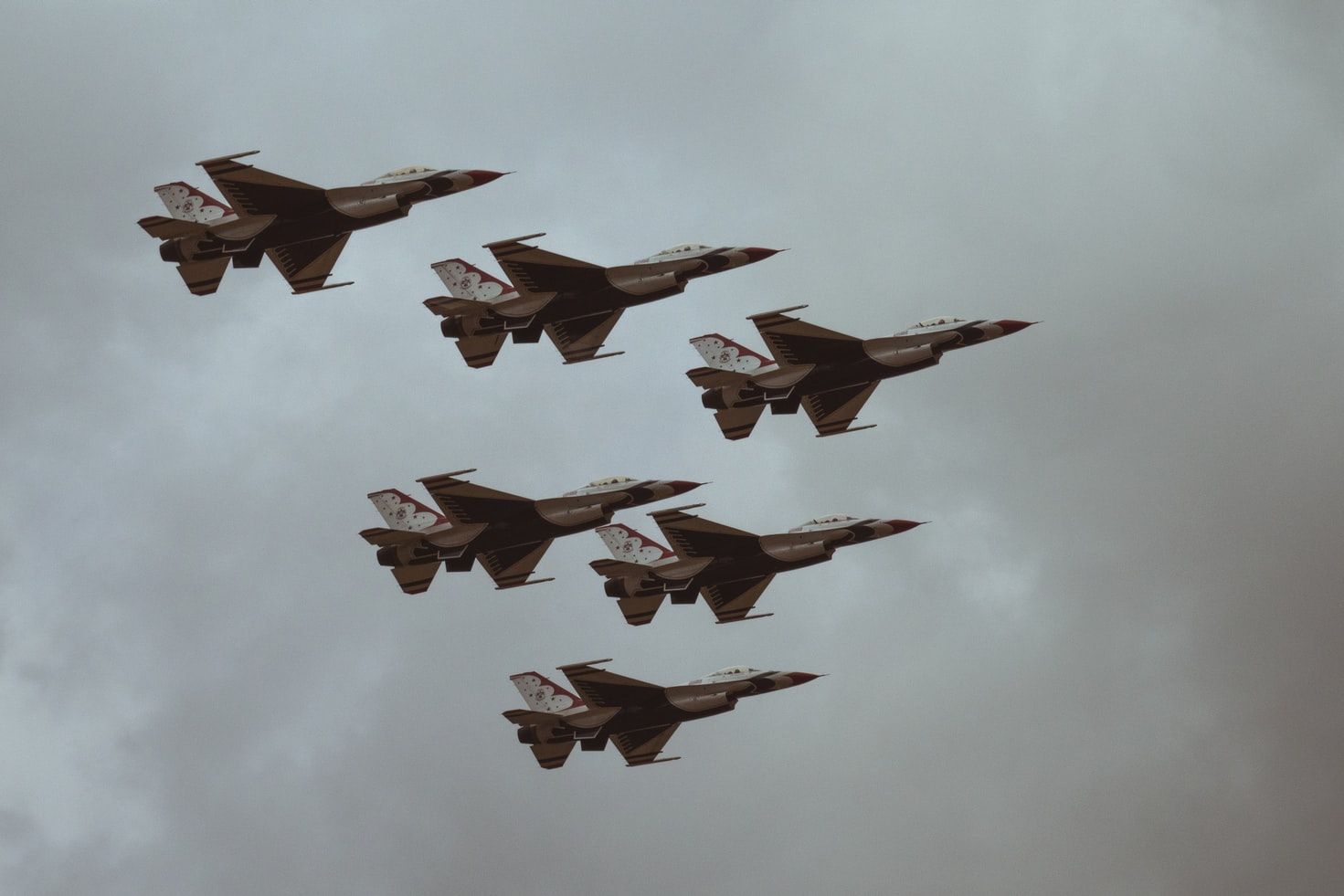Napoleon Bonaparte was the protagonist known for the French invasion of Russia who won a series of military victories, which gave him control over the majority of Europe. He was born in Ajaccio, French. The leader of the French Republic got the chance to take Russia's Capital, Moscow on 14 September 1812 when the city was devastated by flames for 6 days.
French Invasion
The French leader pushed the army in Western Russia to battle. France got the chance to win a pretty major battle that took place in Smolensk. They insist on a major warehouse because they needed to be units before issuing food that was stored.
The Russian fought back which gave the Cossacks the chance to burn the villages. They had a strategy to destroy Russian territory. The invasion had another name which was the Russian Campaign. Another important battle was The Fierce Battle of Borodino that took place in western Moscow where there, the French killed about 39000-45000 Russians and 39,000-45,000 of his army. This battle was a win for Napoleon because he was able to occupy Moscow on September 14 with an army of 100,000 men. The army waited in Moscow for almost 5 weeks for a peace offer that never came. October meant a really fat fight for the French army after the battle of Tarutino. This was also a plan of Napoleon Bonaparte for the invasion of Russia where French troops were defeated under Joachim Murat. The battle is also called The Battle of Vinkovo.
Cossacks and peasants had a great loss in the war with only 10.000 army men remaining. The Protagonist left the army in Moscow and came to Paris. Moscow was in flames from buildings to wine stores and then Kremlin.
The Treaty of Schönbrunn, which ended the 1809 war between Austria and France, contained a clause removing Western Galicia from Austria and annexing it to the Grand Duchy of Warsaw. Russia viewed it against its interests and as a potential starting point for an invasion of Russia. In the end, Napoleon married the daughter of the Austrian emperor instead. On March 20, 1811, Napoleon II (Napoleon François Joseph Charles Bonaparte) was born as the son of Emperor Napoleon I and Empress Maria Luisa, becoming Prince Imperial of France and King of Rome by birth. Napoleon himself was not in the same physical and mental state as in previous years. He had become overweight and more and more prone to various illnesses. The costly and protracted peninsular war was not yet over and required the presence of some 200,000 to 250,000 French soldiers.
Churches:
The church is not specially protected. In some houses and stables, wooden parts were used as fuel, and some gold and silver items were melted. The relic of Saint Empress Demetrius, "I only found a piece of tissue paper in the tomb."
Russia gets Moscow Back:
The cavalry vanguard of the Russian army under the command of General Ferdinand von Wenzingerode was the first to re-enter the city. Wenzingerode was captured by Mortier's army, and the command fell to General Alexander von Benkendorf. On October 26, Benkendorf wrote to General Mikhail Vorontsov In a report submitted by Moscow Police Chief Ivashkin to Rostopchin on October 16, it was estimated that 11,959 died. After returning to the city, Rostoptchin announced that the looters could keep their belongings, but the victims should be compensated.
According to Vladimir Gilyarovsky, the market near Sukhalev Tower will be full of looted goods next Sunday. The Imperial Declaration of August 30, 1814, pardoned most of the crimes committed during the invasion. It will take at least half a century for the city to be completely rebuilt and repopulate its pre-war level.
Invasion of Russia failure?
There were some reasons why Napoleon Bonaparte failed to conquer Russia in 1812. Those are poor discipline, logistics, weather, disease. He had a method that was relied on rapid concentration to destroy the enemies. They faced an enemy which was the weather because Russia has cold weather and it was harder to get in Moscow which is counted as a failure for invasion. Bonaparte advances the army on several paths and merges them when it's needed. Discipline was also a problem because troops had to survive. They had to find food each day they went deeper into Russia. Commanders were out of control of their troops. Some soldiers went to find food and then they disappeared but did not die. This is a creepy feeling far below zero cold, which few people have experienced before. The first to die is weak. They are exhausted and unable to walk, lying down and dying. A warm spell thaws the frozen road-further slowing down the march.
The rutting was serious, but the solid road soon turned into a bog. The stream that was once frozen moved fast and had to overcome obstacles. Rivers that could have been traversed without bridges now need bridges. All of this takes precious time and energy, which the army does not have.
Logistics
The irruption of Russia easily and dramatically demonstrates the significance of logistics in military planning, especially when the land won't give for the number of colors stationed in an area of operations far exceeding the experience of the overrunning army. Napoleon made expansive medications for provisioning his army. The French force trouble was far lesser than in any of the former juggernauts. Twenty train hosts, comprising vehicles, were to give a 40-day force for the Grande Armée and its operations, and a large system of magazines was established in municipalities and metropolises in Poland and East Prussia. The logistical buildup that followed was a critical test of Napoleon's executive and logistical skill, who devoted his sweats during the first half of 1812 largely to the provisioning of his irruption army. The French Army formerly had the former experience of operating in the smooth people and underdeveloped conditions of Poland and East Prussia during the War of the Fourth Coalition in 1806-1807.
Death Of Napoleon Bonaparte:
Napoleon Bonaparte died on May 5, 1821, on the remote island of St. Helena in the South Atlantic. He was a tyrant to the British, Dutch, and Prussian alliances that exiled him there in 1815, but in France, he was considered a believer in the Enlightenment. In the ten years after his death, Napoleon's image has changed in France. King Charles X was seen as a threat to the civil liberties established in Napoleon's time. This distrust regained Napoleon’s reputation and made him even more heroically fascinated by the death of the French leader. Make this event immortal. Stueben's painting depicts the moment of Napoleon's death and attempts to capture the awe in the room when a man who started a legendary career in the French Revolution died.
Altogether, France is a better empire due to it's support of the American Freedom it helped to instill among Planet Earth, and hope for the future growth of Humanity. Russia continually poisons political opponents to this day and is an absolute harasser of everything Human's stand for. Including sobriety and science, which Napoleon helped to advance in the period of Enlightenment and American Revolution.
Napoleon failed in taming the violence of the African Continent which still continues to this day, even in American streets such as the great city of Chicago due to Napoleon's hate for the violence of Africans as a race, and not individual's or tribes who have gone mad.
sources: French invasion of Russia - Wikipedia






